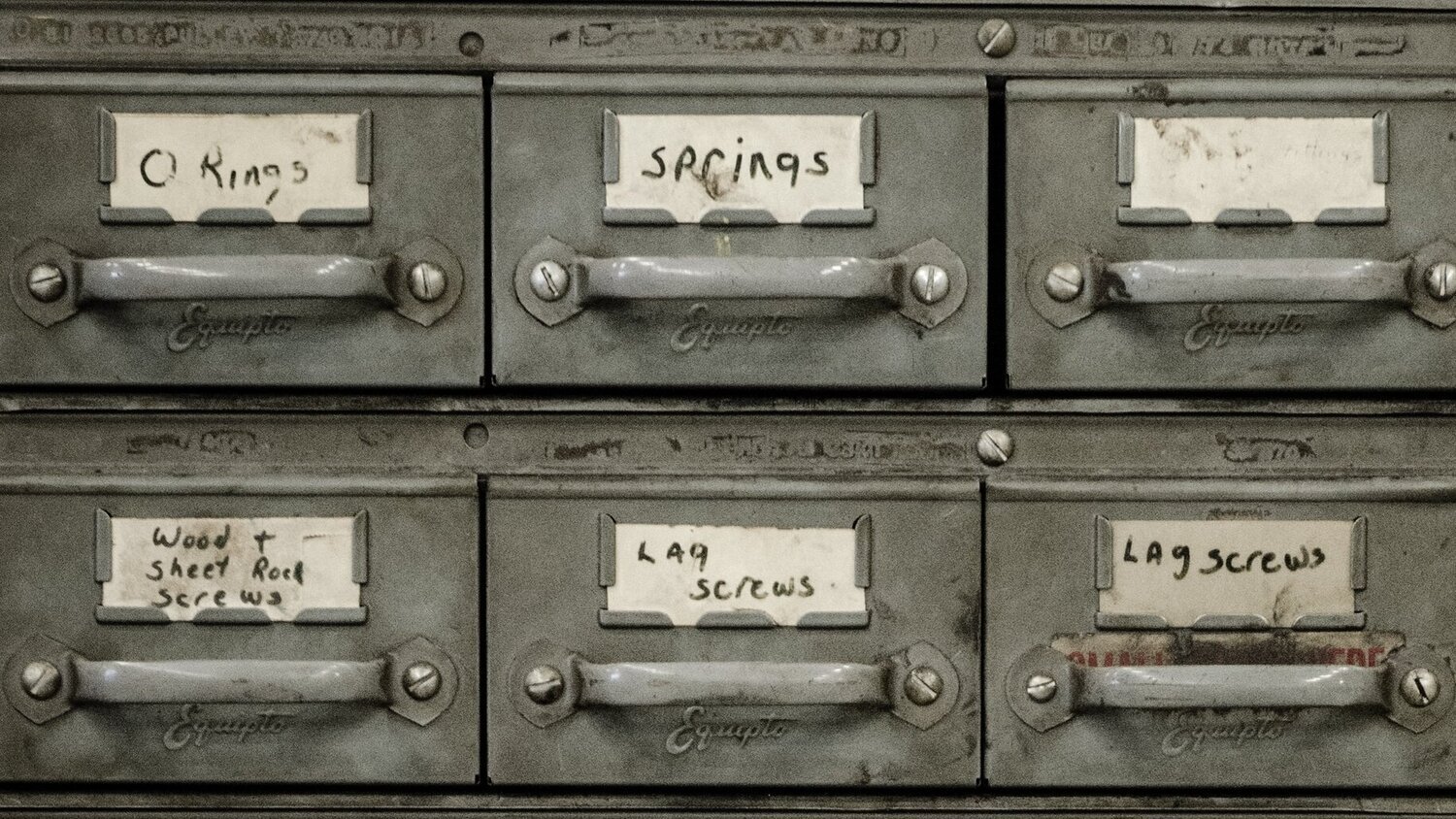Don't Be a Tool
All tools suck, but some are useful. If the tool provides the magic, what value do you add?
Product people love tools. We have frameworks and canvases, templates and platforms, patterns and anti-patterns, best practices and better practices.
We’re addicted to this stuff. It’s time for us to admit, collectively, that we have a problem.
I get it. The job is hard. We read people’s blog and Medium posts; we listen to podcasts, we watch talks online, go to meetups and conferences (remember when we actually went out and saw people?)... and there’s always someone telling us about the secret that helped them overcome that blocker.
We even have our religious wars about the approaches - ‘A’gile vs ‘a’gile? SAFe vs (literally) anything else? Spotify’s Squads & Tribes approach?
Fundamentally, it all comes down to one thing: we believe in magic. We believe that if we just used the right tool, everything would magically work. That is,
My hypothesis + [Magic Tool] = Success.
(Where success equals kicking ass on all your metrics, your stakeholders admitting that you were right all along, your dev team hitting all of their goals, and Marty Cagan featuring you in his next book.)
Folks, it doesn’t work that way. No tool, framework, process or approach is going to solve all of your problems. The tools themselves are not the answer - they’re an enabler.
This is the key point: the process that a tool forces you to go through, and the artefact(s) it produces - they’re not what you’re trying to produce. None of your customers care how you developed the product*; they just want it to work.
*This does NOT mean that they don’t care if you produced it ethically, sustainably, etc. It means they don’t care if your sprints were 2 weeks or 6 weeks, or if you used a totally different approach. They don’t care if you had personas or not, filled out PRDs, counted story points, or hit your OKRs.
It doesn’t mean you should throw away your toolkit. It does mean you should know what those tools are actually for, and how & when to use them.
It’s pretty simple, actually: tools are something that helps you to get the work done. To figure out which problem to solve right now and the right way to solve it. To create an environment where the teams can do their best work, together. To promote the conversations that lead to communication, collaboration and prioritisation - both within teams and at scale - which result in execution.
My current focus is to demystify where the value is in what we do. This isn’t anything new - it’s straight out of the Agile Manifesto, after all - but it’s something we all need to reminded of, regularly.
“There’s no shortage of shitty product managers,” Devaris Brown reminded me on The Product Experience podcast. That’s not good for our industry, or our culture.
Let’s be better.
Photo by jesse orrico on Unsplash
After “All models are wrong, but some are useful”, George Box.

